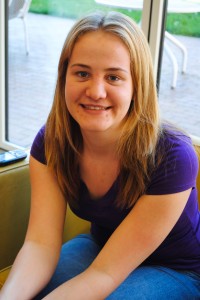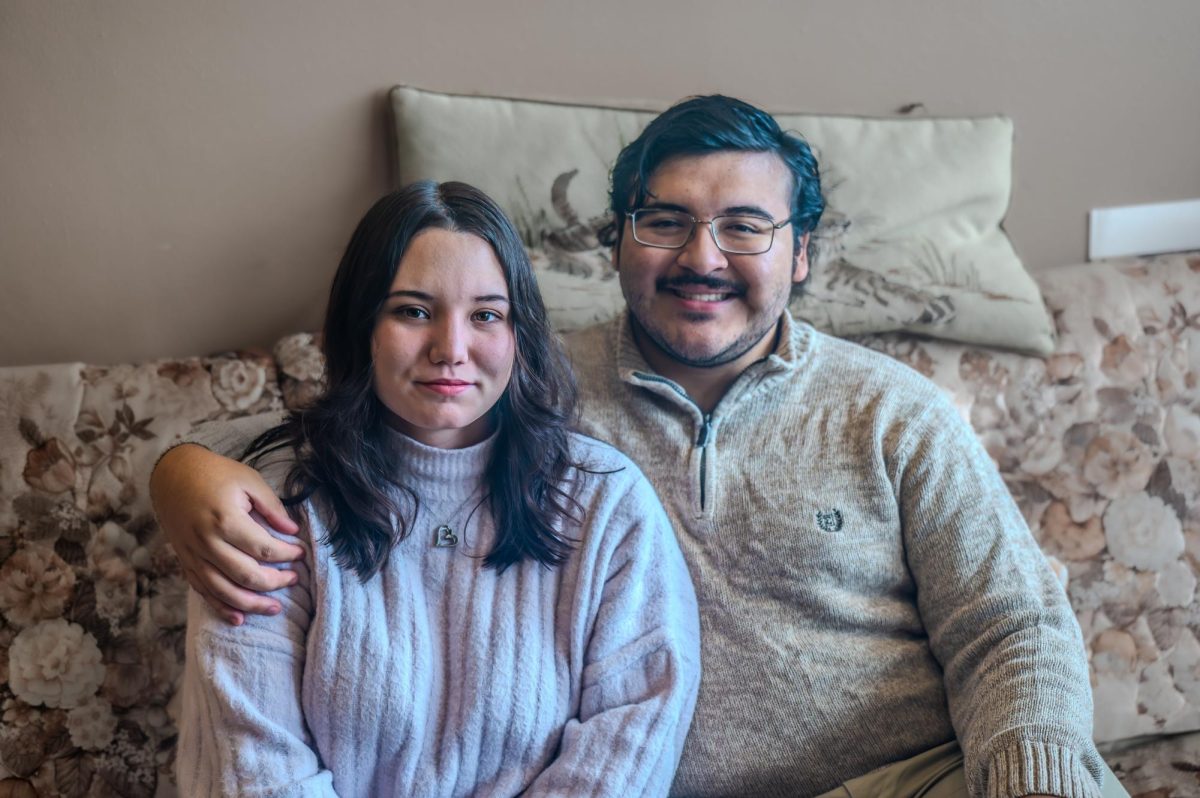Aurora Quinn-Elmore ’12 made her mark on Grinnell College when she began the Peer Mediation Program last year. Quinn-Elmore received training as a mediator in 2010 and contacted the Peace Studies Program with her plan for the program.
“I’ve just been really impressed with the amount of energy and effort Aurora has put into this,” said Valerie Vetter, Peace Studies Program Coordinator.

Since its initiation, the Peer Mediation Program, composed of trained student volunteers, has facilitated ten mediations. Quinn-Elmore has learned a lot from her role as a mediator.
“I feel like I become a better mediator every time I do it,” Quinn-Elmore said. “I also get better at listening to people, not inserting my own ego, my own opinion. That’s something that’s difficult, but something you get better at every time.”
The Peace Studies Program has been sponsoring biannual peer mediation trainings since 2004, Participants in the training, which in the past have included RLCs in addition to students, learn the skills to act as an impartial third party in a mediation of parties in conflict, as well as the basic elements of the mediation process. The participants are trained to handle various scenarios, which include conflicts on campus and in the workplace, and with neighbors, family, and friends.
“Peace studies’ interest in this, in developing peer mediation or somehow integrating peer mediation and conflict resolution skills into campus life, is not just for students,” Vetter said. “We would actually be interested in having this be something that influences campus culture so there is more of a feeling of, when you’re in conflict, there are ways to work it out and you can work things out without destroying relationships, and you can actually come up with ways that create solutions, collaborative solutions, that can meet everyone’s needs.”
Vetter also emphasized the importance of the Peer Mediation to self-governance.
“I think Peace Studies looks at this as ways that we can shift the way people approach conflict and approach the community and take responsibility for our actions and it works really great with self-gov. Self-gov doesn’t work unless there is not only the idea of, ‘I have my rights and privileges,’ but ‘I also have responsibility’ and it takes a lot of skill to be able to navigate this.”
However, with Quinn-Elmore graduating this year, the fate of the Peer Mediation Program remains to be seen. Quinn-Elmore meets every week with a group of fellow peer mediators, and several have expressed their desire to continue the program.
“The program is not super robust yet,” Vetter said. Vetter emphasized that the success of the program will depend on the students and not on administration, due to the small budget allocated to the Peace Studies Program. Vetter, however, expressed Peace Studies’ interest in supporting students in the Mediation Program.
“The really important thing about mediation,” Quinn-Elmore emphasized, “is to help people to come up with their own solutions because those are ones that they might actually stick with. I think that’s something that translates to my own friendships where I realize letting people talk out there own problems and asking questions is more useful than trying to give the right advice.”



















































